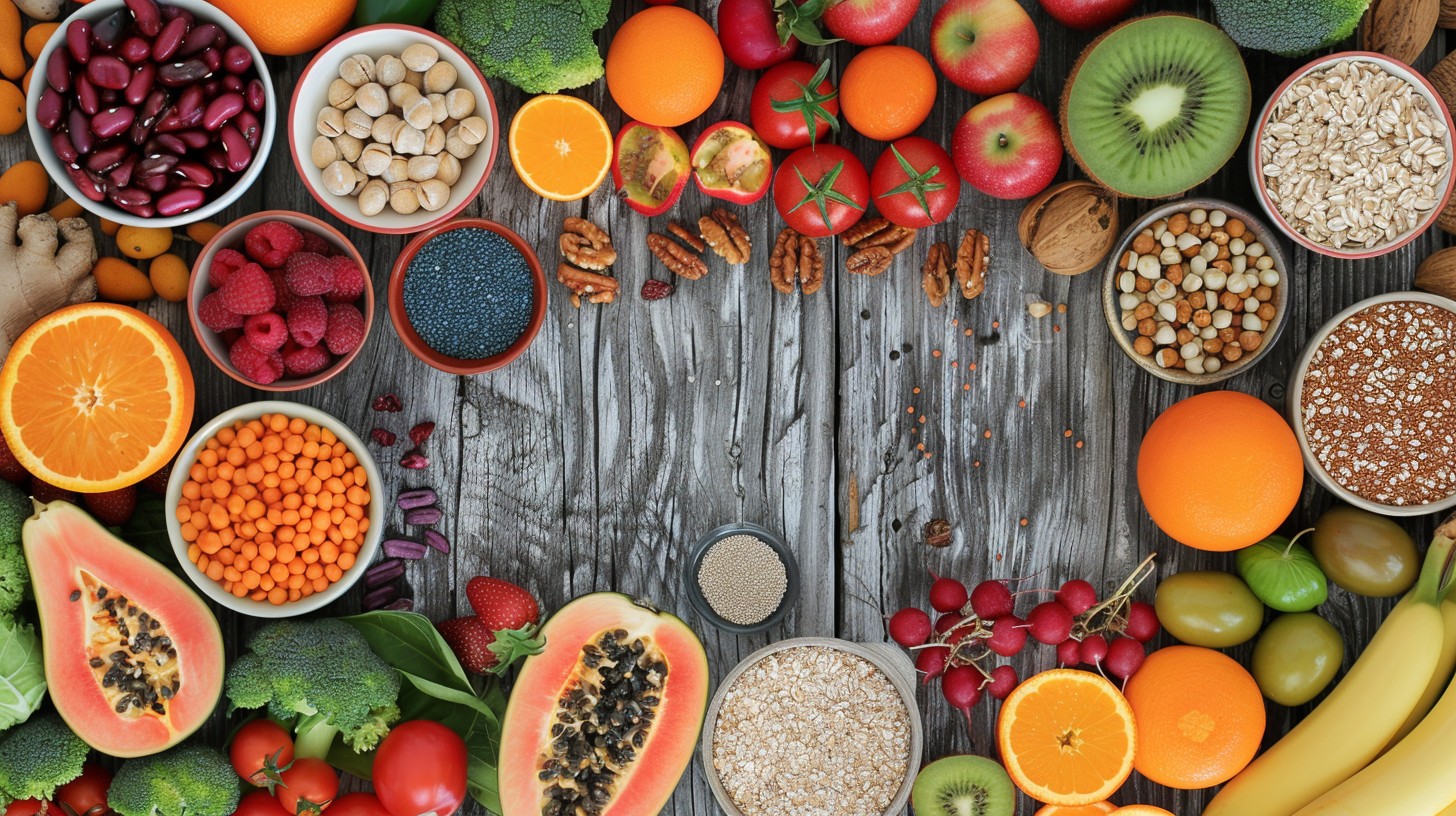Deciding on the best diet plan for yourself involves several key steps:
- Assess Your Goals: Determine what you want to achieve with your diet. Are you aiming for weight loss, muscle gain, improved athletic performance, better overall health, or managing a medical condition?
- Evaluate Your Current Health: Consult with a healthcare professional to understand your current health status, including any nutritional deficiencies, allergies, or medical conditions that might affect your dietary choices.
- Consider Your Lifestyle: Your diet should fit your lifestyle, including your work schedule, physical activity level, and personal preferences. Consider how much time you can realistically dedicate to meal preparation and cooking.
- Research Different Diet Plans: Familiarize yourself with various diet plans (e.g., Mediterranean, ketogenic, vegan, paleo) and understand their principles, benefits, and potential drawbacks.
- Nutritional Balance: Ensure the diet plan you choose provides a balance of macronutrients (carbohydrates, proteins, and fats) and micronutrients (vitamins and minerals). A balanced diet supports overall health and well-being.
- Sustainability: Choose a diet plan that you can maintain long-term. Extreme diets might offer quick results but can be difficult to stick with and may not be healthy in the long run.
- Personal Preferences: Take into account your food preferences and cultural considerations. A diet plan should include foods you enjoy eating to increase adherence.
- Monitor and Adjust: Once you start a diet plan, monitor your progress and how you feel. Be open to adjusting your plan based on what works for you and any changes in your health or goals.
- Seek Professional Guidance: Consider consulting a registered dietitian or nutritionist who can provide personalized advice and help you design a diet plan that meets your specific needs and preferences.
- Stay Informed: Keep yourself educated about nutrition and health to make informed decisions about your diet. Stay updated with reliable sources and avoid fad diets that lack scientific backing.
here’s a table that lists some common foods along with their approximate contents of calories, protein, carbohydrates, and fats per 100 grams:
| Food | Calories (kcal) | Protein (g) | Carbs (g) | Fats (g) |
|---|---|---|---|---|
| Apple | 52 | 0.3 | 14 | 0.2 |
| Banana | 89 | 1.1 | 23 | 0.3 |
| Chicken Breast | 165 | 31 | 0 | 3.6 |
| Broccoli | 34 | 2.8 | 7 | 0.4 |
| Rice (white, cooked) | 130 | 2.4 | 28 | 0.3 |
| Almonds | 576 | 21 | 22 | 49 |
| Salmon | 208 | 20 | 0 | 13 |
| Egg (boiled) | 155 | 13 | 1.1 | 11 |
| Potato | 77 | 2 | 17 | 0.1 |
| Spinach | 23 | 2.9 | 3.6 | 0.4 |

